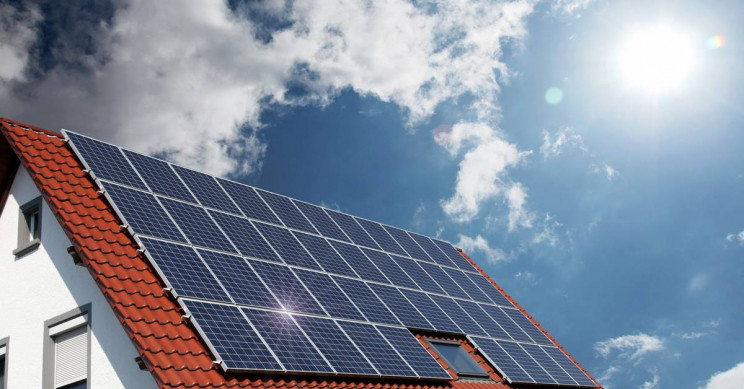While solar panels offer numerous environmental and economic benefits, there are some potential negative impacts associated with their installation on residential properties. It’s important to note that the degree of impact can vary depending on factors such as location, installation methods, and individual preferences.
- High Initial Cost:
- The upfront cost of purchasing and installing solar panels can be a significant financial burden for homeowners, even with various incentives and rebates available. The initial investment may take several years to recover through energy savings.
- Aesthetic Concerns:
- Some people find the appearance of solar panels unattractive or disruptive to the overall aesthetics of a home. This can be a subjective issue and may vary depending on personal preferences and local regulations.
- Space Limitations:
- Not all homes have adequate roof space or proper orientation to maximize the efficiency of solar panels. In some cases, homeowners may find it challenging to install a sufficient number of panels to meet their energy needs.
- Property Value Considerations:
- While solar panels can enhance the value of a property by reducing energy costs, some potential homebuyers may be hesitant due to concerns about maintenance costs, aesthetics, or the technology becoming outdated.
- Roof Penetrations:
- Installation of solar panels may require drilling into the roof to secure mounting equipment. Improper installation can lead to leaks and roof damage, although reputable installers take measures to minimize these risks.
- Maintenance Costs:
- While solar panels are generally low-maintenance, periodic cleaning and potential repairs may be necessary. Homeowners should consider these maintenance costs when evaluating the overall economic benefits of solar panel installation.
- Effect on Roof Lifespan:
- Solar panels can provide additional protection to the portion of the roof they cover, but they can also contribute to shading and impact the natural thermal cycling of the roof. This could potentially affect the lifespan of the roof, especially if the roof is older or in poor condition.
- Energy Storage Costs:
- To maximize the benefits of solar panels, homeowners may choose to invest in energy storage solutions such as batteries. However, these systems can be expensive, adding to the overall cost of a solar panel installation.
- Regulatory and Zoning Issues:
- Local regulations and zoning restrictions may limit the installation of solar panels, either due to aesthetic concerns or other considerations. Homeowners should be aware of and comply with local regulations before installing solar panels.
- Manufacturing and Disposal Impacts:
- The production of solar panels involves the use of materials and energy, and the manufacturing process can have environmental impacts. Additionally, the disposal of decommissioned solar panels presents environmental challenges that need to be addressed.
It’s essential for homeowners to carefully weigh the potential negative impacts against the numerous benefits of solar panel installation. Working with reputable installers, understanding local regulations, and conducting a thorough cost-benefit analysis can help individuals make informed decisions about whether solar panels are a suitable option for their homes.


